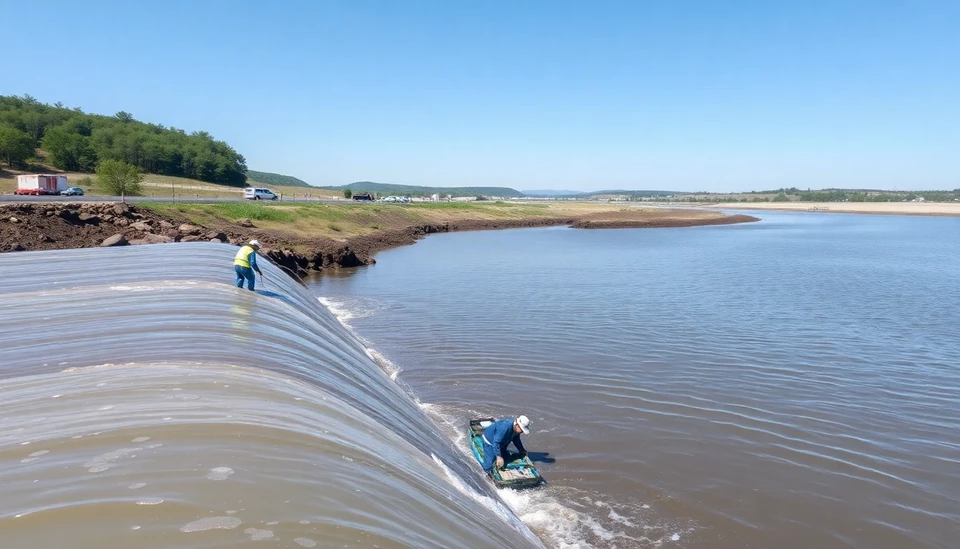
A looming crisis is set to impact America's water infrastructure as the nation grapples with a dire shortage of skilled workers in the water sector. The need for a robust workforce in this critical industry is becoming increasingly evident, yet many remain unaware of the career opportunities it offers. This paradox is not merely a matter of employment but touches on core issues of public health, environmental sustainability, and economic stability.
Currently, the water sector is projected to require approximately 230,000 new workers over the next few years. This staggering figure comes amid rising concerns about aging infrastructure, climate change challenges, and increased regulatory demands. However, the pressing problem extends beyond just filling vacancies; it involves igniting interest in a field that often goes unnoticed by job seekers.
One of the primary hurdles in attracting new talent to the water industry is the lack of awareness about the plethora of roles available. From engineers and scientists to technicians and operators, careers within this sector are diverse, yet they are seldom featured in educational curricula or career counseling sessions. Many young individuals are simply not exposed to these opportunities, leading to a significant skills gap.
Moreover, as the country continues to prioritize water security and address systemic issues such as contamination and accessibility, the urgency for skilled professionals becomes more pronounced. Organizations and educational institutions alike are beginning to recognize the importance of proactive outreach and recruitment strategies aimed at informing potential candidates about the vast array of opportunities in the water sector.
Success stories from various training programs and educational institutions illustrate the potential for growth and fulfillment found in these jobs. Trainees often express enthusiasm about their roles, emphasizing the crucial impact they make in their communities. Despite these positive narratives, the challenge remains in scaling up these efforts to reach a broader audience.
In response to the crisis, governmental bodies and industry stakeholders are collaborating to devise solutions. Initiatives include enhanced funding for training programs, partnerships with local schools, and public awareness campaigns to highlight the importance and accessibility of careers in water management. These efforts aim to ensure that the future workforce is not only equipped with the necessary skills but also understands the vital role they will play in safeguarding our most precious resource.
To bridge the existing gaps, experts stress the need for mentorship programs that can guide young people into the field. Furthermore, internships and co-op opportunities that provide real-world experience could spark interest and excitement about a career in water management. The future of America's water infrastructure relies heavily on the ability to attract and train the next generation of water workers.
Ultimately, the survival and enhancement of water services across the nation depend on proactive efforts to cultivate a knowledgeable and dedicated workforce. The time is now for stakeholders at all levels to unite in promoting awareness, developing pathways for entry, and fostering an environment where future generations are inspired to take up this essential work.
As the conversation around water needs continues to evolve, the imperative to invest in people becomes clear. With collaborative efforts and an informed populace, the water workforce of tomorrow can not only meet demands but exceed expectations, ensuring a sustainable and secure future.
#WaterWorkforce #JobOpportunities #Infrastructure #WaterManagement #Sustainability #CareerAwareness #PublicHealth
Author: Peter Collins




